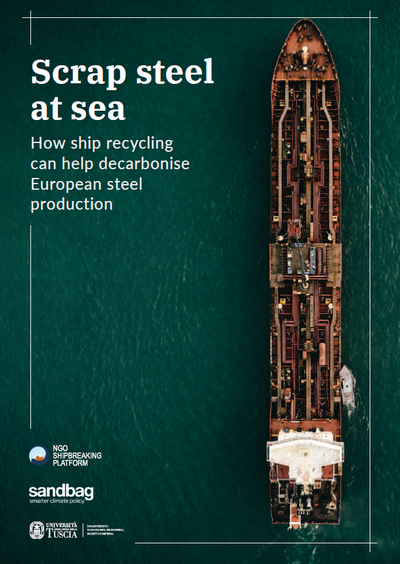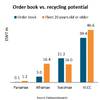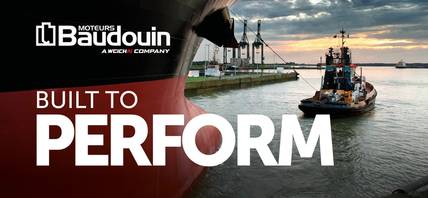Report: Ship Scrap Steel can Decarbonize European Steelmaking
NGO Shipbreaking Platform, in collaboration with Sandbag - Smarter Climate Policy and the University of Tuscia, publishes a report on the role of scrap steel from end-of-life ships in the decarbonization efforts of the European steel industry.
Steel is one of the critical elements of Europe’s industrial strategy. To achieve the European Union’s climate targets, the steel industry must rapidly shift from carbon‑intensive blast furnace steelmaking to low‑carbon electric arc furnace technology, which can incorporate high amounts of scrap steel. As this shift will require steady access to high-quality scrap, boosting capacity to recycle ships in the EU becomes key, says the Platform.
"Europe’s shipping sector is sitting on a massive resource of high‑quality steel that is currently being processed under unsafe conditions abroad at end-of-life. Our report shows that with the right policies, including clear traceability, stricter enforcement, and financial incentives, we can turn ship scrap into a cornerstone of a circular, low‑carbon steel economy. This is not just an environmental win - it is a strategic opportunity for European industry," says Benedetta Mantoan, Policy Officer at the NGO Shipbreaking Platform and co-author of the report.
Ship steel is known for its high, uniform quality and rigorous certification standards - characteristics that make it highly suitable not only for recycling but also for direct reuse. The report highlights innovation from digital material traceability tools developed under the Horizon Project CirclesOfLife, to ship life-extension research by the Netherlands Organisation for Applied Scientific Research, and the reuse of steel plates in construction, demonstrated by the start-up Nordic Circles as both economically viable and environmentally safe. Together, these developments show how the maritime, steel, and construction industries can collaborate to close material loops and scale circular solutions.
"However, without clear data on composition and certification, much of the steel’s value is lost. Only by enhancing traceability and documentation will the seamless integration of ship scrap into Europe’s industries, including direct reuse in construction, be possible, and significantly boost both economic and environmental benefits, while optimizing recovery rates," adds Mantoan.
Ship scrap in numbers:
* Only 1% of European ships are currently recycled in the EU;
* 70–95% of a ship’s weight can be recovered as scrap, making end-of-life vessels a largely untapped resource;
* Recycling ship steel can cut CO₂ emissions by up to 80 % compared to the use of virgin materials, while using roughly 40 % less water and energy;
* Forecasts show a surge in EU/EFTA‑owned ship demolitions throughout the next decade, peaking at approximately 12 Mt of scrap steel per year. This could satisfy 10‑15 Mt of the EU’s annual scrap steel demand - roughly 20 % of total consumption.
Upcoming EU policies, including the Circular Economy Act and the Industrial Accelerators Act, should explicitly support sustainable ship recycling in line with EU circularity principles, says the Platform.









